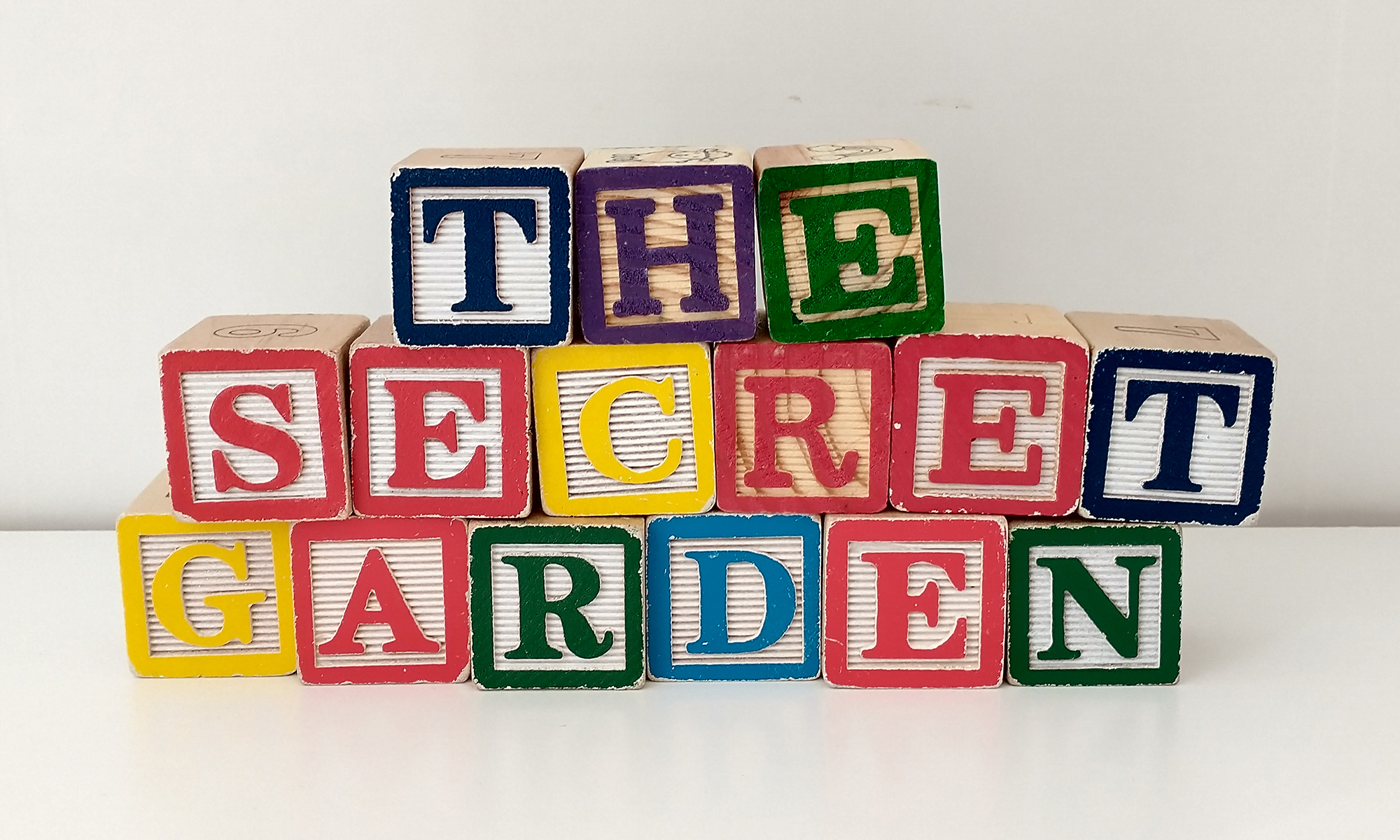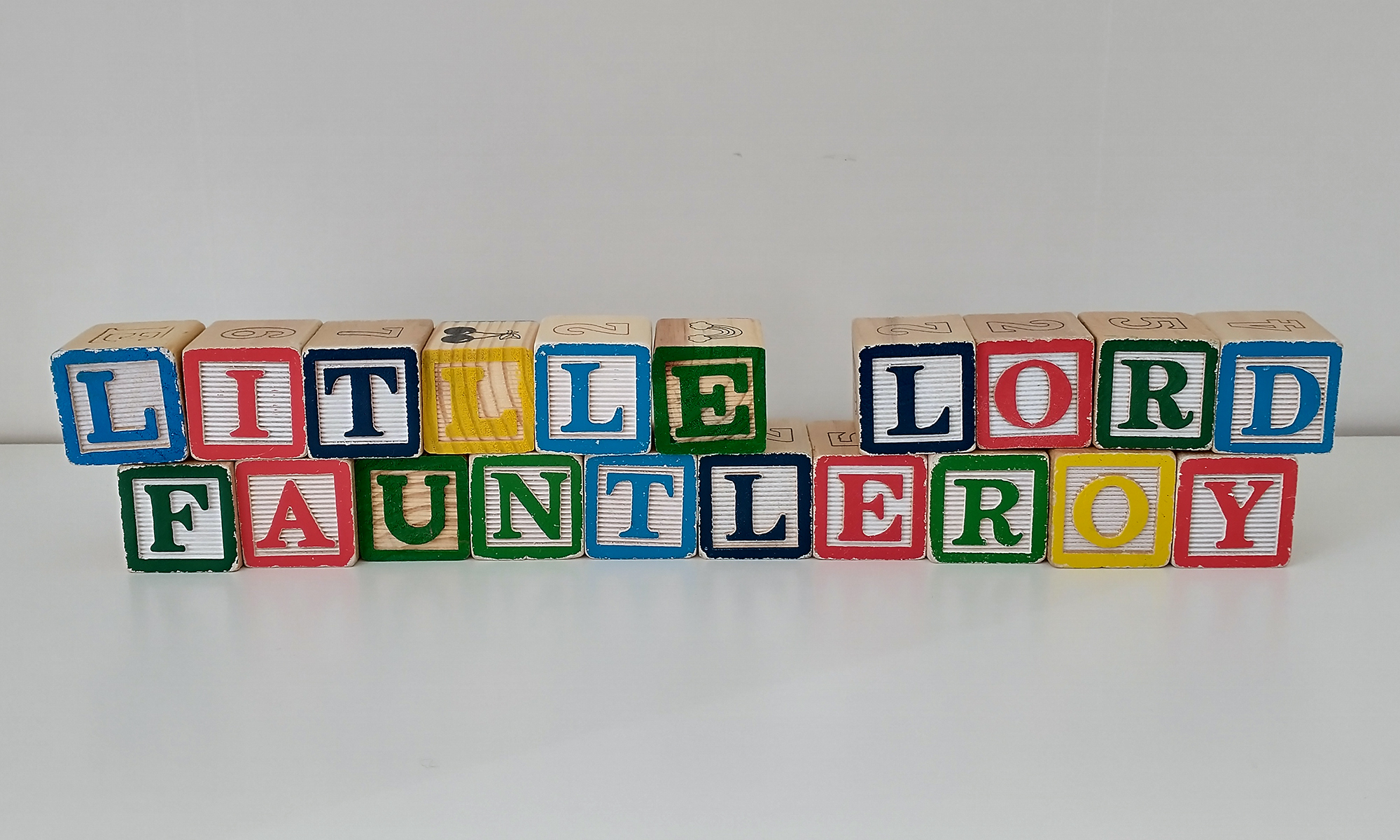In this episode Rodney Dimbleby, Chair of the Yorkshire Dialect Society, helps to examine three passages from The Secret Garden, which show how Martha, Ben Weatherstaff, and Dickon all use the Yorkshire Dialect. Mr. Dimbleby identified areas where the text could benefit from clarifications to help readers produce a more authentic sound when reading aloud. There’s also an interesting comment from listener Kate (@nurseryrhymeville), who wondered what Mary and Colin’s accents must have been like, given their odd upbringings.
Burnett was too skilled a writer to have made mistakes in writing out the dialect. After this close reading, it’s possible to see plot and character based reasons Burnett may have held back at times from writing in full dialect, as well as practicality concerns around writing a story meant for children.
Most sincere thanks go to Mr. Dimbleby for his help in preparing this episode. Learn more about The Yorkshire Dialect Society at yorkshiredialectsociety.org.uk. Visit Rodney Dimbleby’s website and purchase books he’s written at roddimbleby.co.uk.
Featured Passages from The Secret Garden in this episode
Below is the text of the passages from The Secret Garden as analyzed by Rodney Dimbleby. He has edited each selection into full dialect, allowing an exploration of what such text might look like. It’s easy to see that, while text written in dialect does result in more accurate pronunciation, it’s also harder for readers, especially younger ones, to understand.
Passage from Chapter Four: Original Text
She walked back into the first kitchen-garden she had entered and found the old man digging there. She went and stood beside him and watched him a few moments in her cold little way. He took no notice of her and so at last she spoke to him.
“I have been into the other gardens,” she said.
“There was nothin’ to prevent thee,” he answered crustily.
“I went into the orchard.”
“There was no dog at th’ door to bite thee,” he answered.
“There was no door there into the other garden,” said Mary.
“What garden?” he said in a rough voice, stopping his digging for a moment.
Passage from Chapter Four: Yorkshire dialect
She walked back into the first kitchen-garden she had entered and found the old man digging there. She went and stood beside him and watched him a few moments in her cold little way. He took no notice of her and so at last she spoke to him.
“I have been into the other gardens,” she said.
“Ther wor nowt ter prevent thi,” he answered crustily.
“I went into the orchard.”
“Ther wor no dog at t’ dooar ter bite thi,” he answered.
“There was no door there into the other garden,” said Mary.
“What garden?” he said in a rough voice, stopping his digging for a moment.
Passage from Chapter Seven: Original Text
“I thought perhaps it always rained or looked dark in England,” Mary said.
“Eh! no!” said Martha, sitting up on her heels among her black lead brushes. “Nowt o’ th’ soart!”
“What does that mean?” asked Mary seriously. In India the natives spoke different dialects which only a few people understood, so she was not surprised when Martha used words she did not know.
Martha laughed as she had done the first morning.
“There now,” she said. “I’ve talked broad Yorkshire again like Mrs. Medlock said I mustn’t. ‘Nowt o’ th’ soart’ means ‘nothin’-of-the-sort,’” slowly and carefully, “but it takes so long to say it. Yorkshire’s th’ sunniest place on earth when it is sunny. I told thee tha’d like th’ moor after a bit. Just you wait till you see th’ gold-colored gorse blossoms an’ th’ blossoms o’ th’ broom, an’ th’ heather flowerin’, all purple bells, an’ hundreds o’ butterflies flutterin’ an’ bees hummin’ an’ skylarks soarin’ up an’ singin’. You’ll want to get out on it at sunrise an’ live out on it all day like Dickon does.”
Passage from Chapter Seven: Yorkshire Dialect
“I thought perhaps it always rained or looked dark in England,” Mary said.
“Ee! no!” said Martha, sitting up on her heels among her black lead brushes. “Nowt o’ th’ soart!”
“What does that mean?” asked Mary seriously. In India the natives spoke different dialects which only a few people understood, so she was not surprised when Martha used words she did not know.
Martha laughed as she had done the first morning.
“There now,” she said. “I’ve talked broad Yorkshire again like Mrs. Medlock said I mustn’t.
‘Nowt o’ t’ soart’ means ‘nothin’-of-the-sort,’” slowly and carefully, “but it teks (or taks) so long ter say it. Yorksher’s t’ sunniest place on earth when it is sunny. Ah telled thi tha’d like t’mooar after a bit. Just thee wait till tha sees t’ gold-coloured gorse blossems an’ t’ blossems o’t’ broom, an’ t’ heather flowerin’, all purple bells, an hundreds o’ butterflies an’ bees hummin’ an’ skylarks soarin’ up an’ singin’. Tha’ll want ter get aght on it at sunrise an’ live aght on it all day like Dickon does.”
Passage from Chapter Ten: Original Text
“Where’s that robin as is callin’ us?” he said.
The chirp came from a thick holly bush, bright with scarlet berries, and Mary thought she knew whose it was.
“Is it really calling us?” she asked.
“Aye,” said Dickon, as if it was the most natural thing in the world, “he’s callin’ someone he’s friends with. That’s same as sayin’ ‘Here I am. Look at me. I wants a bit of a chat.’ There he is in the bush. Whose is he?”
“He’s Ben Weatherstaff’s, but I think he knows me a little,” answered Mary.
“Aye, he knows thee,” said Dickon in his low voice again. “An’ he likes thee. He’s took thee on. He’ll tell me all about thee in a minute.”
Passage from Chapter Ten: Yorkshire Dialect
“Wheer’s that robin at’s callin’ us?” he said.
The chirp came from a thick holly bush, bright with scarlet berries, and Mary thought she knew whose it was.
“Is it really calling us?” she asked.
“Aye,” said Dickon, as if it wor t’ most natural thing in t’ world, “he’s callin’ sumbdy he’s friends wi. That’s same as sayin’ ‘Here Ah am. Look at me. Ah want a bit of a chat.’ There he is in t’ bush. Whose is he?”
“He’s Ben Weatherstaff’s, but I think he knows me a little,” answered Mary.
“Aye, he knaws thee,” said Dickon in his low voice ageean. “An’ he likes thee. He’s took thee on. He’ll tell mi all abaht thee in a minute.”


